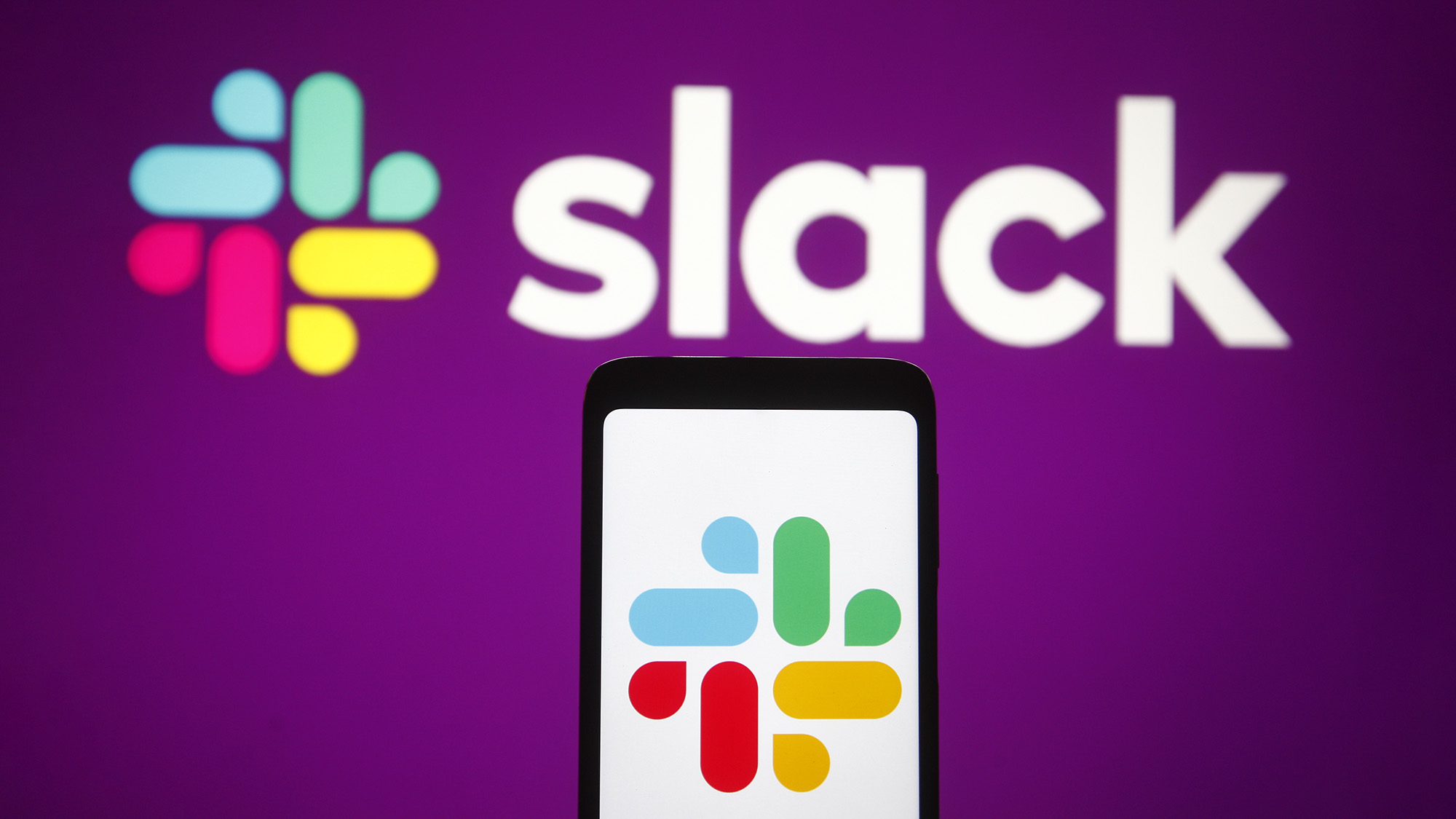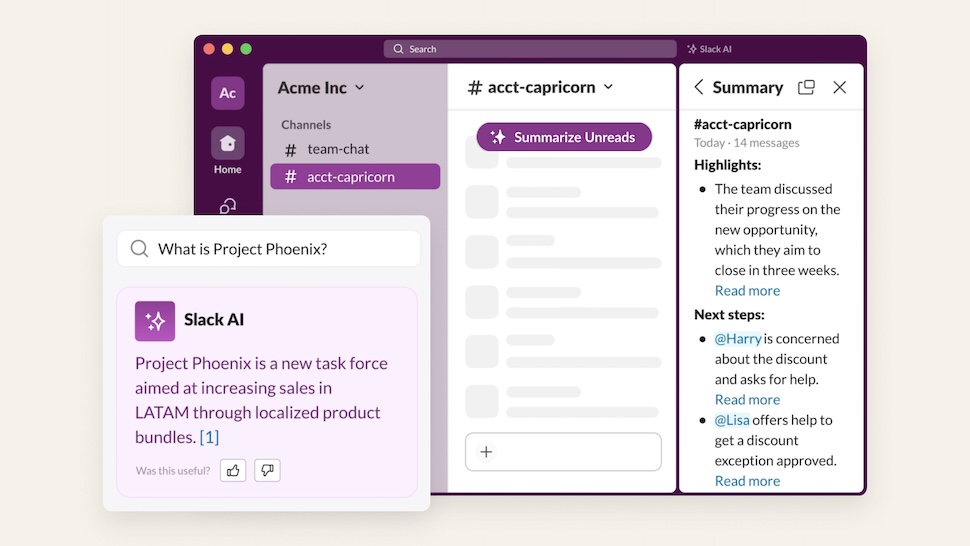Slack - why it's time to rethink how your business thinks about productivity
Trust and productivity go hand-in-hand, Slack exec tells us

Sign up for breaking news, reviews, opinion, top tech deals, and more.
You are now subscribed
Your newsletter sign-up was successful
When it comes to productivity, many businesses, and the executives that lead them, are often coming up short in getting the most out of their workers, a top Slack executive has said.
Speaking to TechRadar Pro at the recent Dreamforce 2023 event, Christina Janzer, Slack SVP, Research & Analytics, outlined how research from the company had highlighted the importance of two-way feedback and input from both sides when it comes to maximizing productivity.
Only when executives are able to themselves embrace a more flexible way of thinking and working can the entire workforce of a company really spread their wings and become truly productive, she noted.
Productivity challenges

“What we hear from executives is that it is their number one concern...(but) we know that some executives are thinking about productivity in a really backward way," Janzer said in a media briefing. "They’re really focused on tracking inputs instead of outputs, they want to know how many hours are people working, and how many emails are they sending - they’re missing this opportunity to really improve how we work so that we can all be productive together.”
Janzer referred to global research recently released by Slack which showed a quarter of desked employees did not feel trusted by their bosses, despite many (87%) reporting they were meeting or exceeding managerial expectations.
The study also found employees are more likely to go above and beyond at work (40% compared to 33% who said they don’t feel trusted), with the former also showing significantly better focus, higher productivity and an overall greater satisfaction with work.
Janzer believes that trust is a key issue, naming it as "the number one driver of productivity," but notes that, "what builds trust is transparency..but it’s a two-way street.”
Sign up to the TechRadar Pro newsletter to get all the top news, opinion, features and guidance your business needs to succeed!
Unfortunately, there doesn't appear to be a "one-size-fits-all" approach that can suit all parties - instead, giving employees more autonomy and freedom could be the key.
"A lot of people are struggling right now, and a part of the reason that it is a struggle is because there really is no one size fits all," Janzer says, noting that her team regularly holds "Maker Week" initiatives, where all internal meetings are cancelled to focus instead on "deep work", leading to a surge in productivity.

AI can also play a part in boosting productivity, with Janzer highlighting several recently announced AI-powered features such as Slack GPT.
This includes features such as conversation summaries (pictured above), letting you get a quick round-up of all your unread Slack messages, or having Slack GPT sign in to a huddle and sum up what was said. AI will also allow Slack business users to compose more appropriate customer messages, distilling content and adjusting the tone depending on the recipient.
"There's a huge opportunity for AI to play a really big role in transforming and improving productivity," she says. "There's so much more opportunity for AI to augment people’s jobs…and make your job so much easier."
Overall, though, the responsibility seems to lie with employers and executives getting to know exactly what approaches will help their workers be the most happy and productive.
- We've also rounded up the best online collaboration tools around

Mike Moore is Deputy Editor at TechRadar Pro. He has worked as a B2B and B2C tech journalist for nearly a decade, including at one of the UK's leading national newspapers and fellow Future title ITProPortal, and when he's not keeping track of all the latest enterprise and workplace trends, can most likely be found watching, following or taking part in some kind of sport.